Search
Research
Examining the risk factors for suicidal behaviour of Aboriginal and Torres Strait Islander children...While the majority of Aboriginal and Torres Strait Islander children are travelling on track or exceeding across all developmental domains...
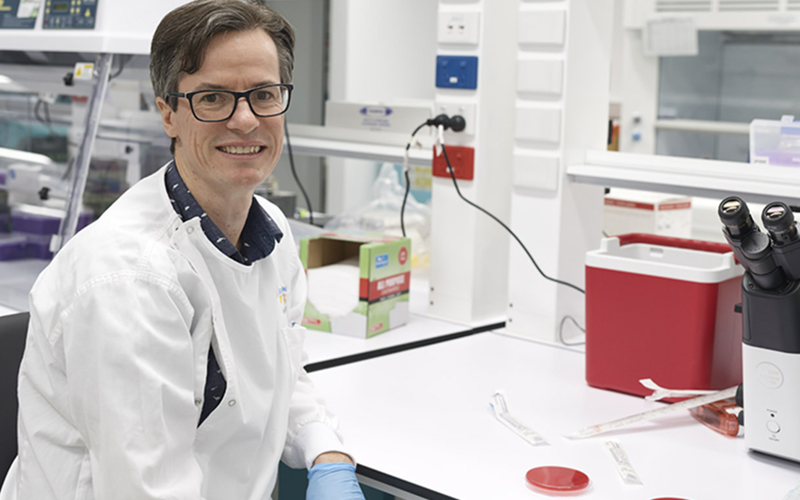
News & Events
WA Health funding supports development of rapid test for antibiotic-resistant skin infections in Aboriginal childrenA rapid test to detect antibiotic-resistant skin infections in Aboriginal children could be a step closer, thanks to support from the FHRIF.

News & Events
Funding boost to help turn research into practical changeResearch projects sharing in a $2.1 million funding boost will seek to translate research findings into changes that benefit patients and help the health system run more efficiently.
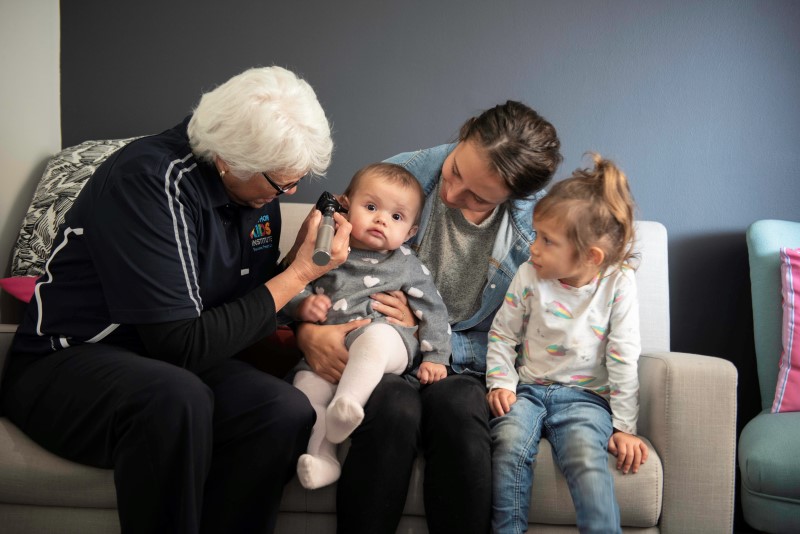
News & Events
New Aboriginal Cultural Guidance Advisor appointedThe Wesfarmers Centre of Vaccines and Infectious Diseases has appointed Mrs Valerie Swift to a newly created Aboriginal Cultural Guidance Advisor position.
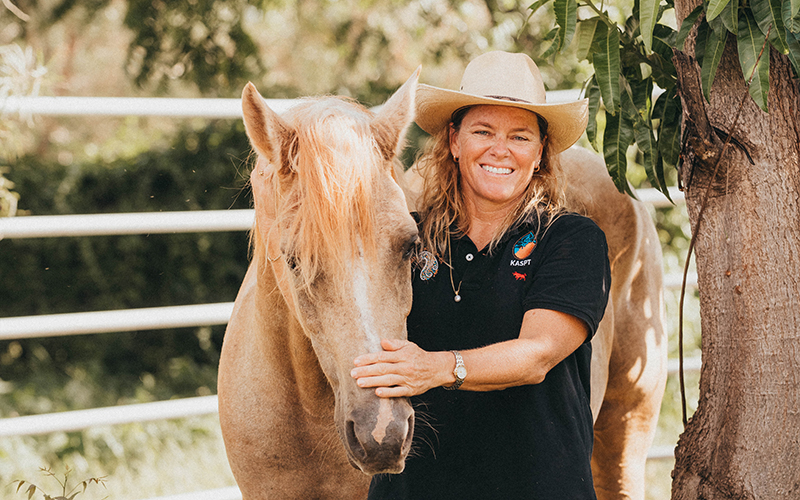
News & Events
Major funding boost for innovative Yawardani Jan-ga programA trail-blazing Aboriginal-led program which uses equine-assisted learning to address the urgent needs of young Aboriginal people across the Kimberley has been given a major funding boost, thanks to a generous grant from Healthway.
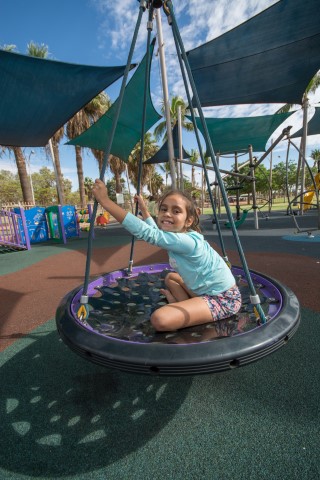
News & Events
Getting kids into gear for learningResearchers from The Kids Research Institute Australia are running a school program designed to help children adjust their levels of alertness and attention in class.
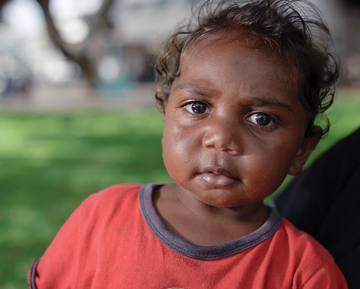
News & Events
The Kids Kimberley: Researchers and communities working togetherIn 2016, with enabling donations from Denby Roberts, Stan Perron, Wesfarmers and Centurion, the Institute established a permanent presence in the Kimberley.

News & Events
NHMRC funding awarded to support child health researchThe Kids Research Institute Australia researchers have been awarded more than $10 million in research funding from the National Health and Medical Research Council (NHMRC).
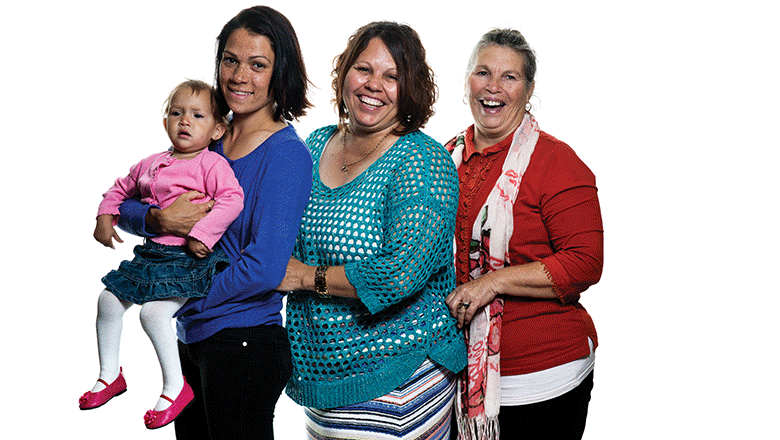
News & Events
New study to investigate maternity provision for Aboriginal womenA multi-faceted study led by a Murdoch University researcher will influence the way maternity services support Aboriginal women in WA during pregnancy and birth
News & Events
Experts gather for Aboriginal Immunisation WorkshopExperts in Aboriginal infectious disease research are in Perth this week for the National Indigenous Immunisation Research Workshop (November 7-8).
